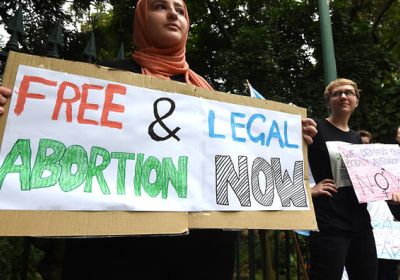
Pro-choice activists in Queensland have expressed disappointment at the release of a parliamentary report on August 26 that failed to support the bill before Queensland parliament to decriminalise abortion.

Pro-choice activists in Queensland have expressed disappointment at the release of a parliamentary report on August 26 that failed to support the bill before Queensland parliament to decriminalise abortion.
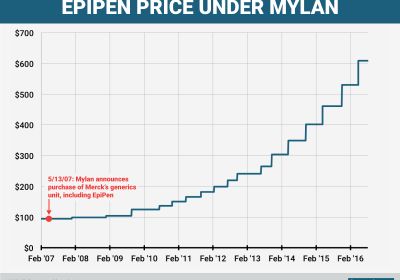
The CEO of a former Fortune 500 company, who is also the daughter of a U.S. senator, is under fire for jacking up the rates of life-saving anti-allergy device known as the EpiPen.
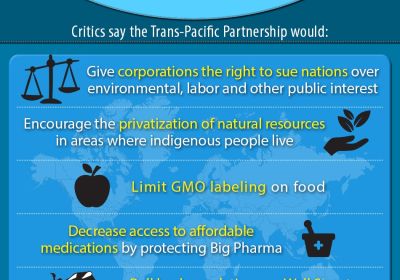
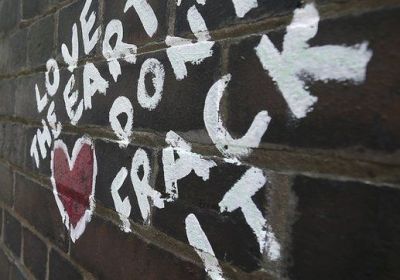
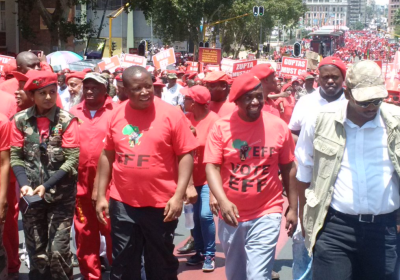
After the August 3 local government elections, it is not just the ruling ANC that is licking its wounds. The left also has very little to celebrate, outside of the consolidation of the anti-neoliberal Economic Freedom Fighters (EFF) as the third biggest party in the country.
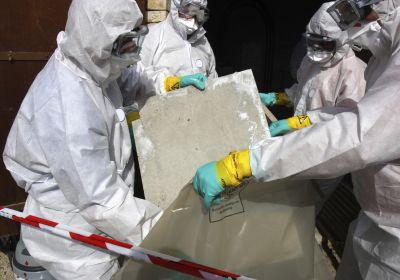
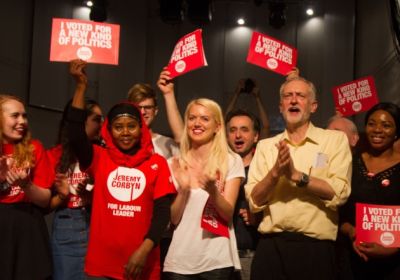


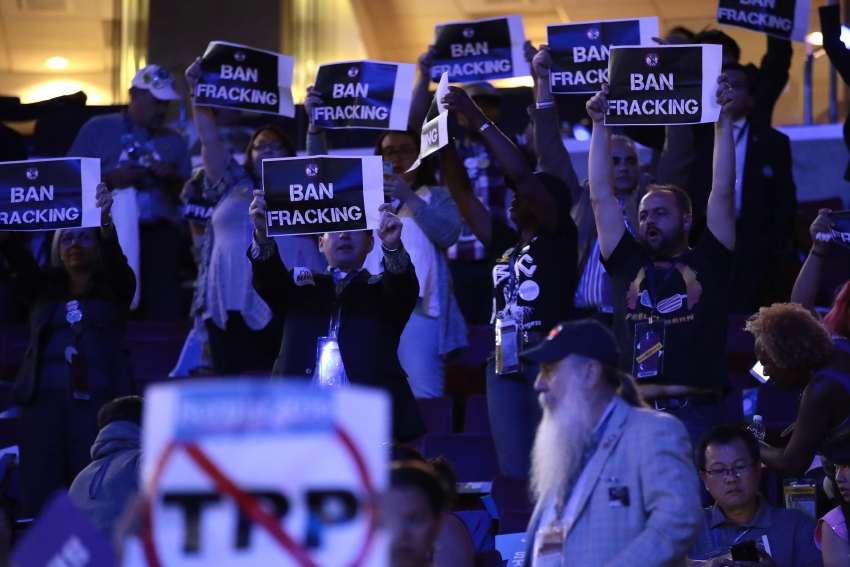 At the Democratic National Convention in Philadelphia this week, it seems a sticker is all it takes to keep you out of a room—at least the rooms brought to you by the fossil fuel industry.
At the Democratic National Convention in Philadelphia this week, it seems a sticker is all it takes to keep you out of a room—at least the rooms brought to you by the fossil fuel industry.
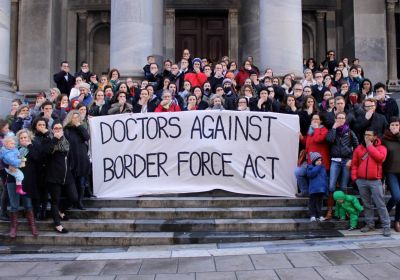
 Members of the Merida communal council distributing food. Photo by Tamara Pearson.
It's been three years now of food shortages, inflation, and queues in Venezuela, and the millions of people involved in community and movement organizing have been the most affected. But they've also defied right-wing and general expectations, and even perhaps the expectations of the Maduro government, and have become stronger and better organized as a result of the hardships.
Members of the Merida communal council distributing food. Photo by Tamara Pearson.
It's been three years now of food shortages, inflation, and queues in Venezuela, and the millions of people involved in community and movement organizing have been the most affected. But they've also defied right-wing and general expectations, and even perhaps the expectations of the Maduro government, and have become stronger and better organized as a result of the hardships.